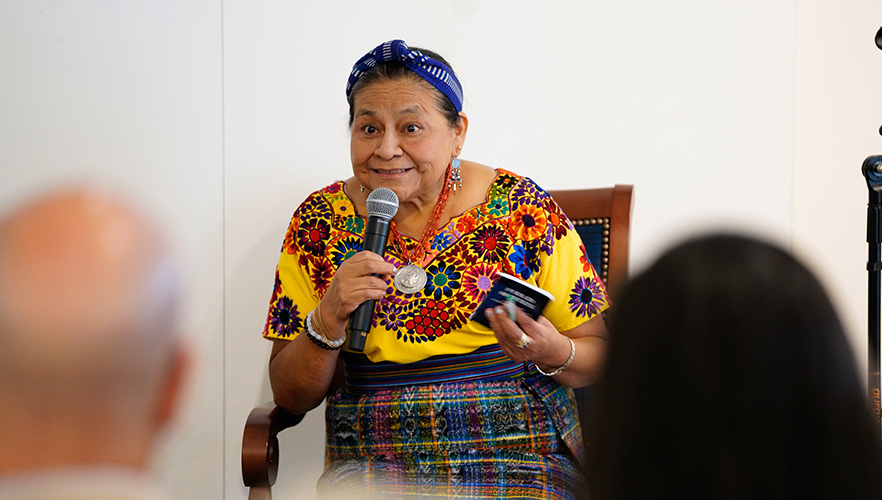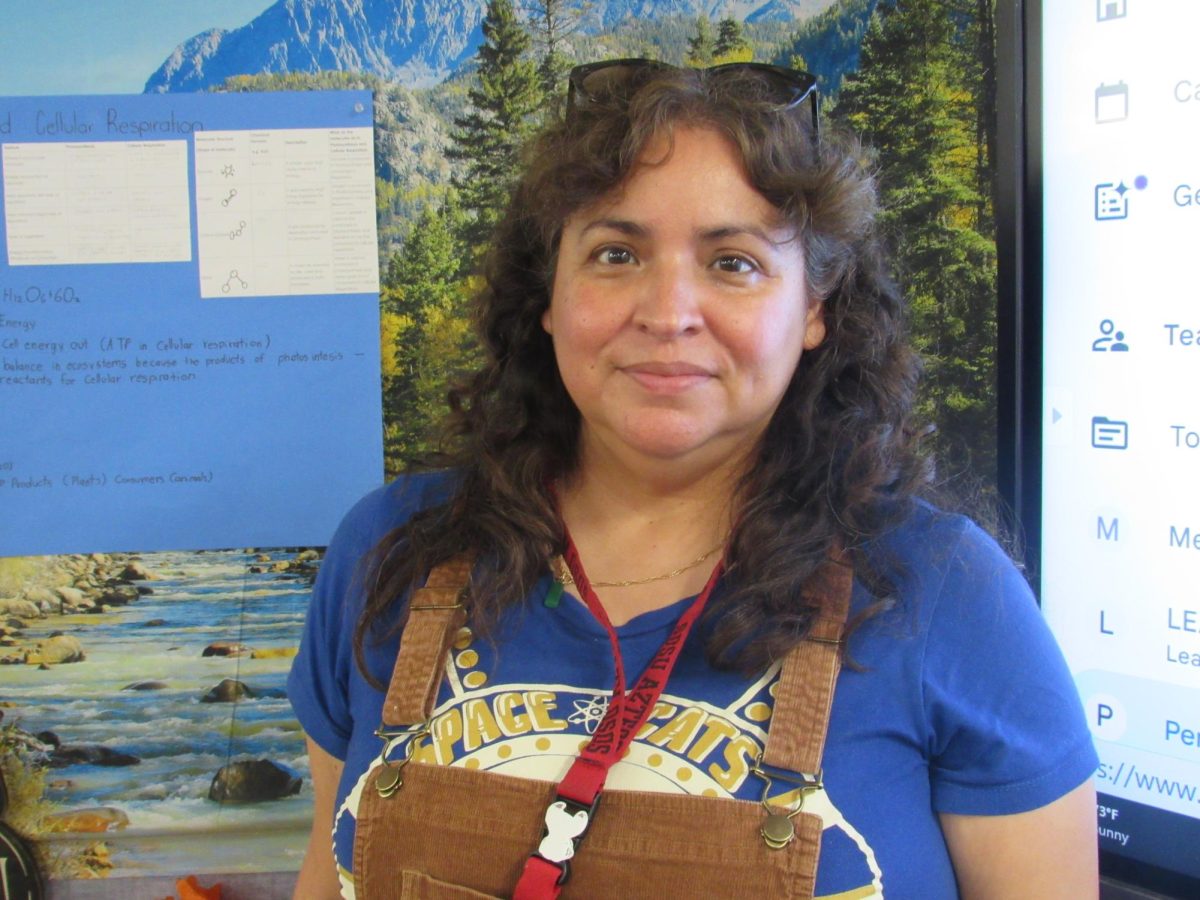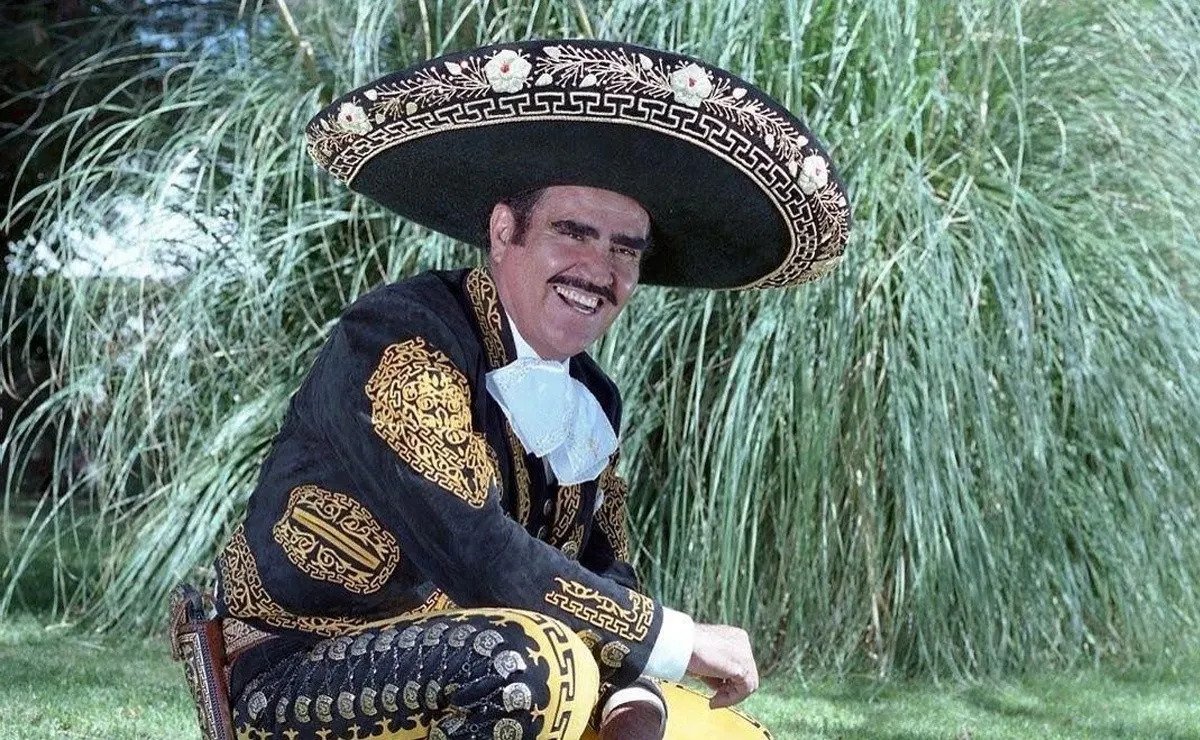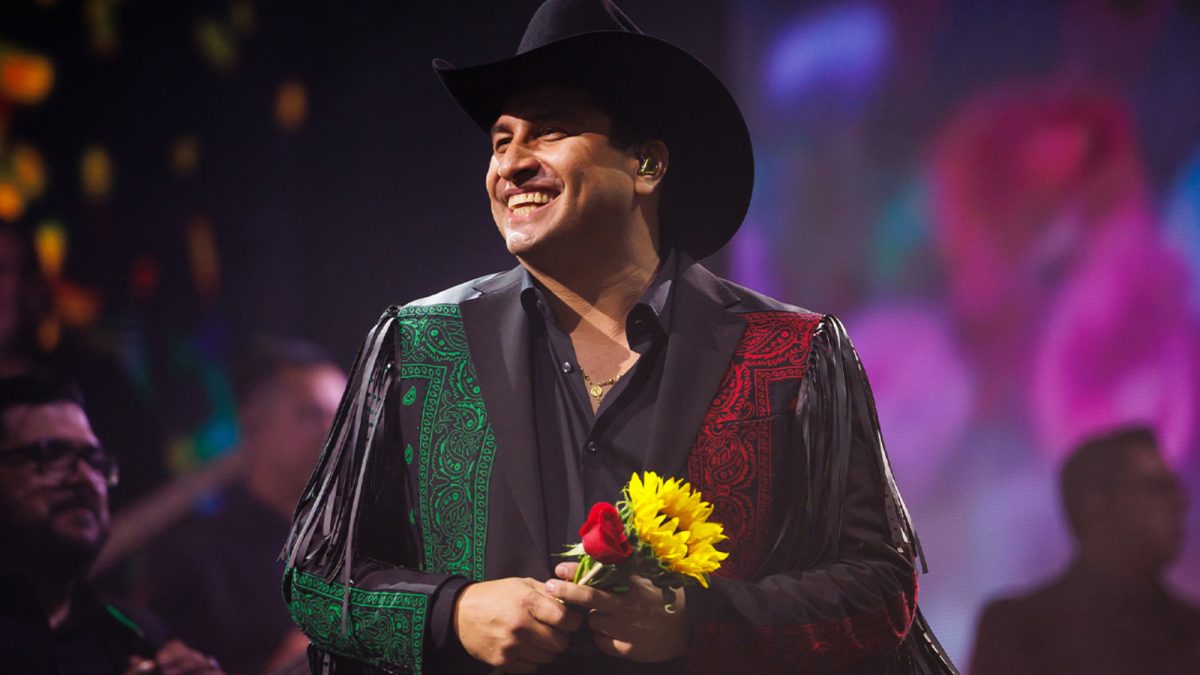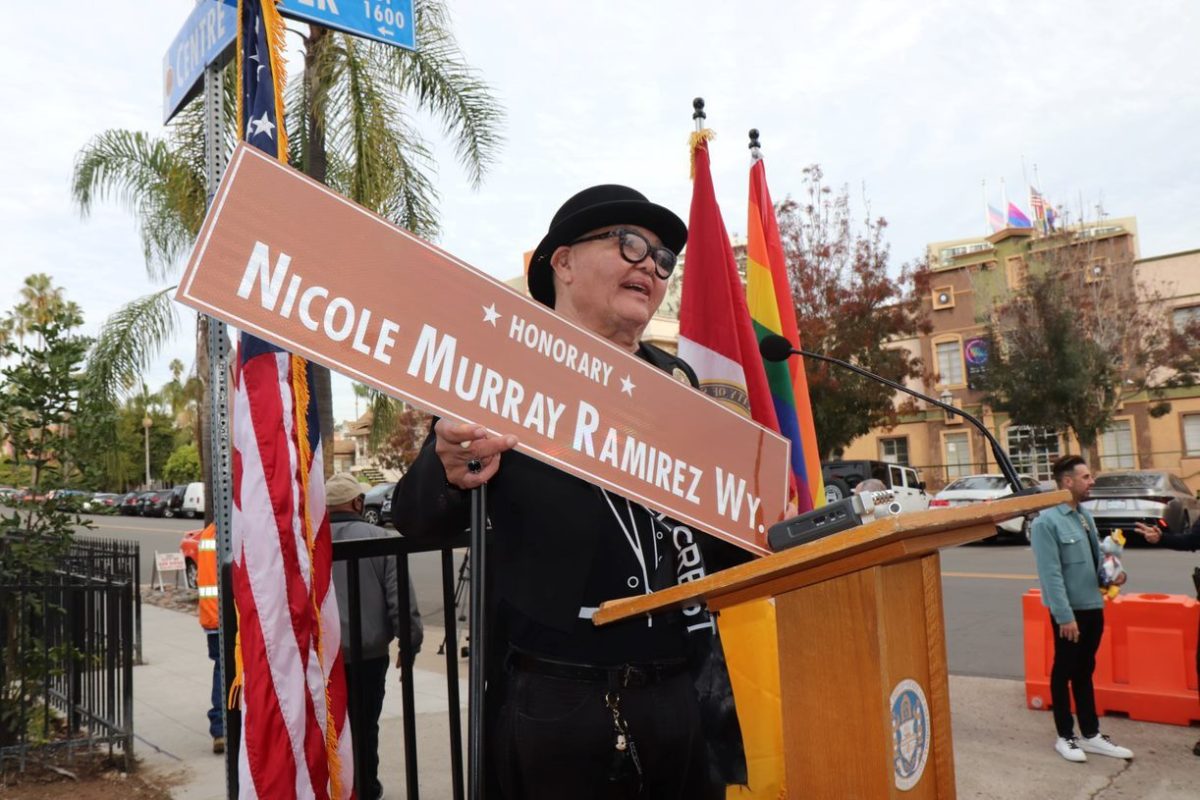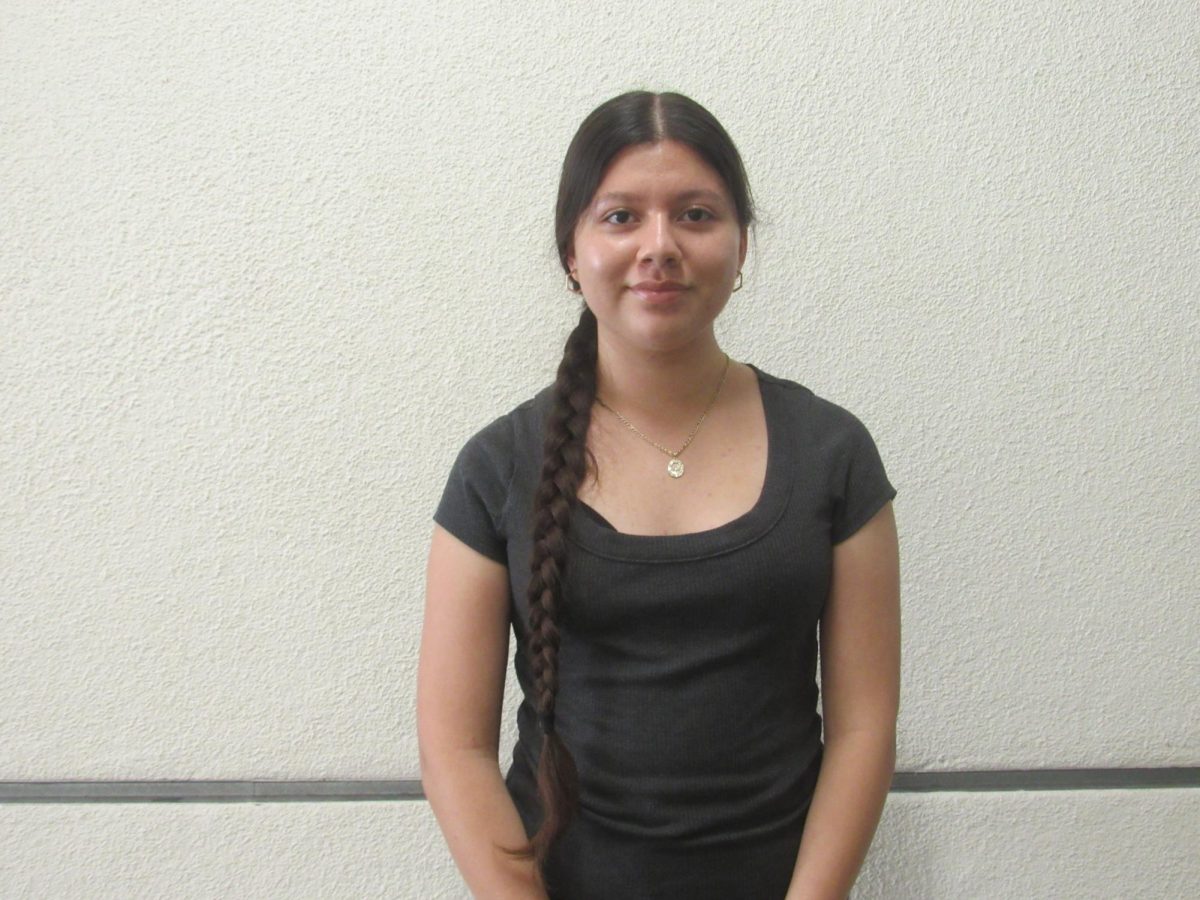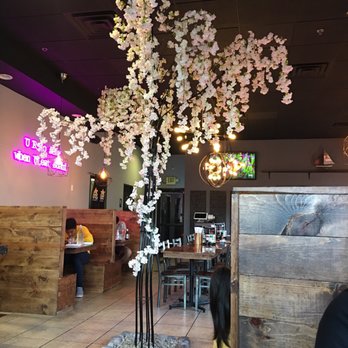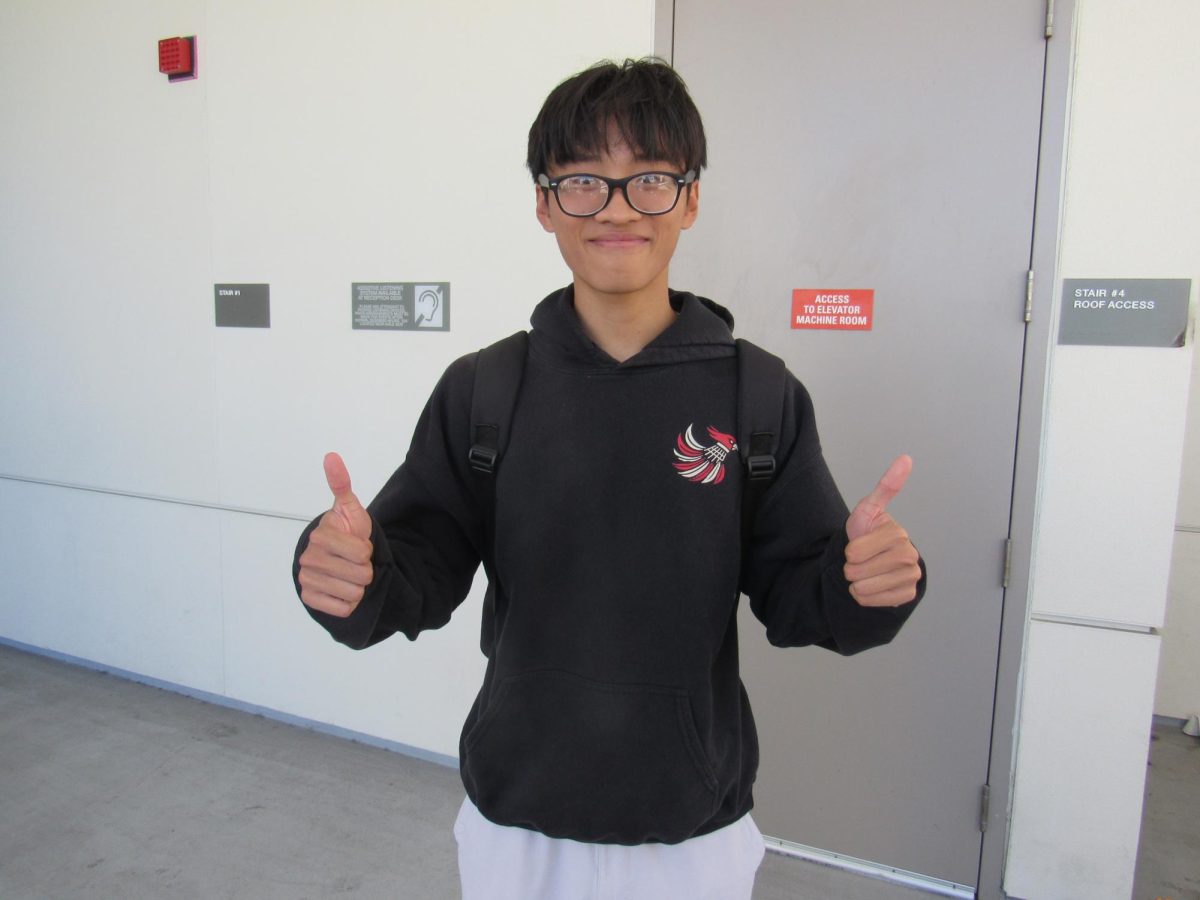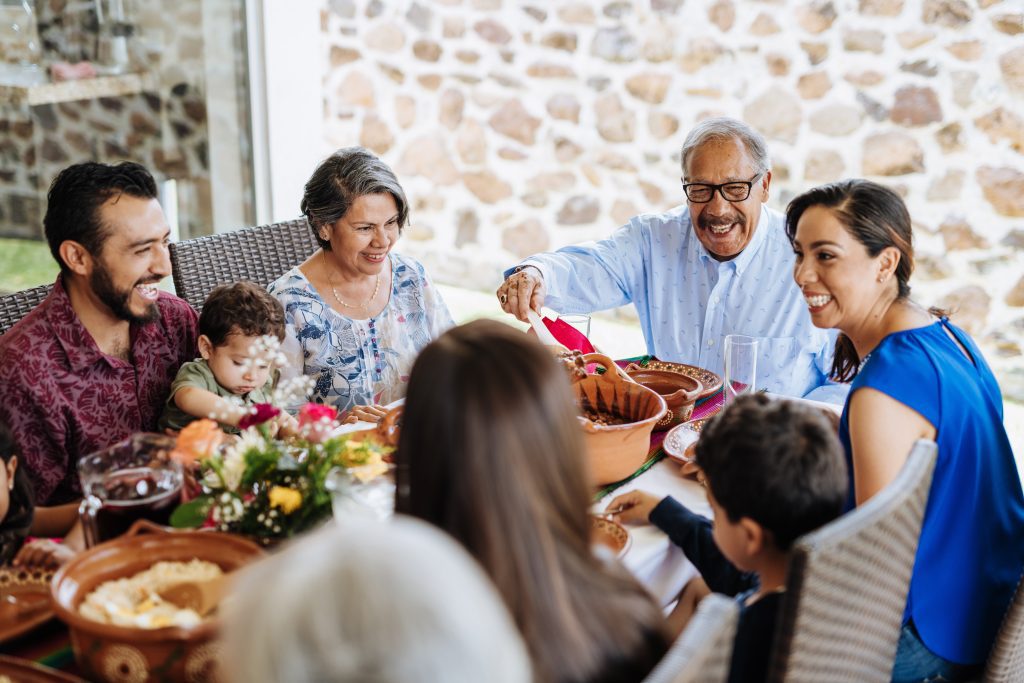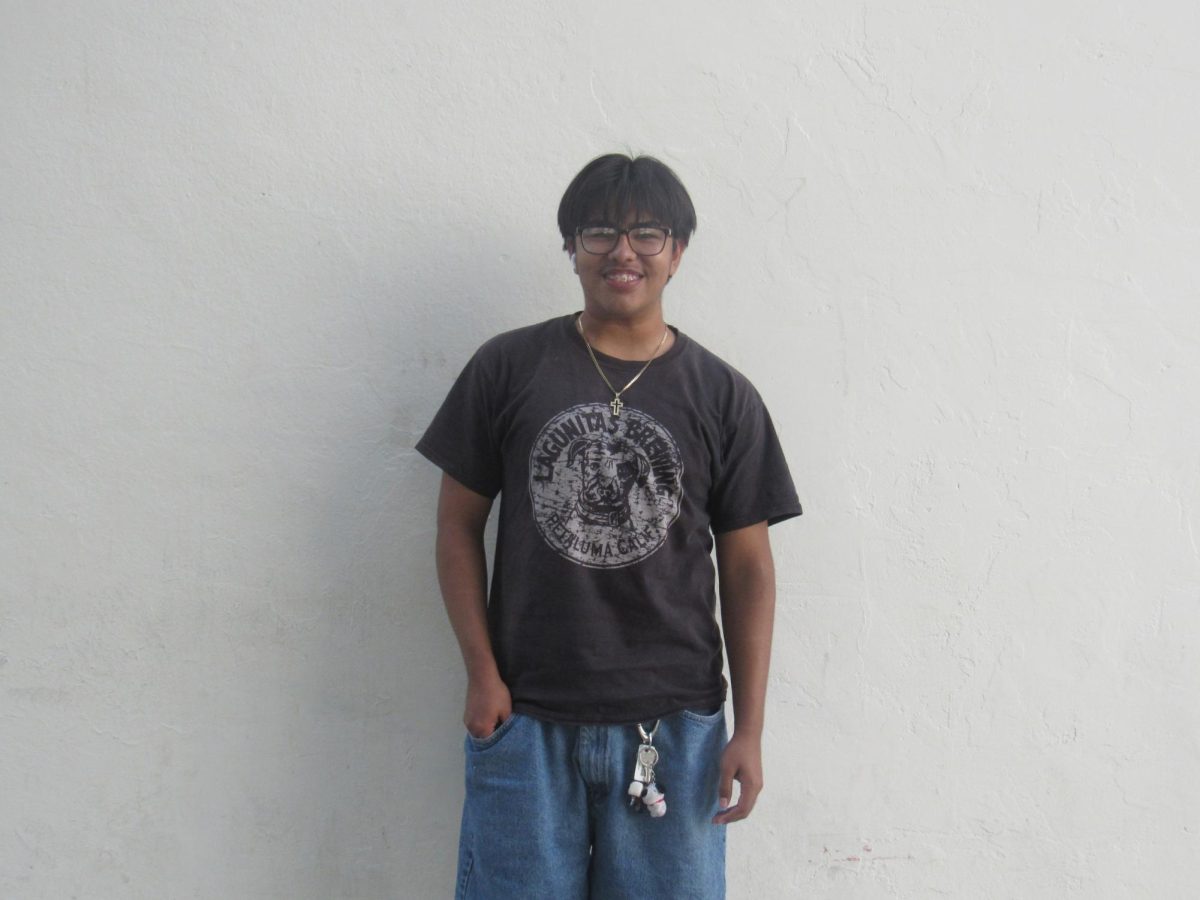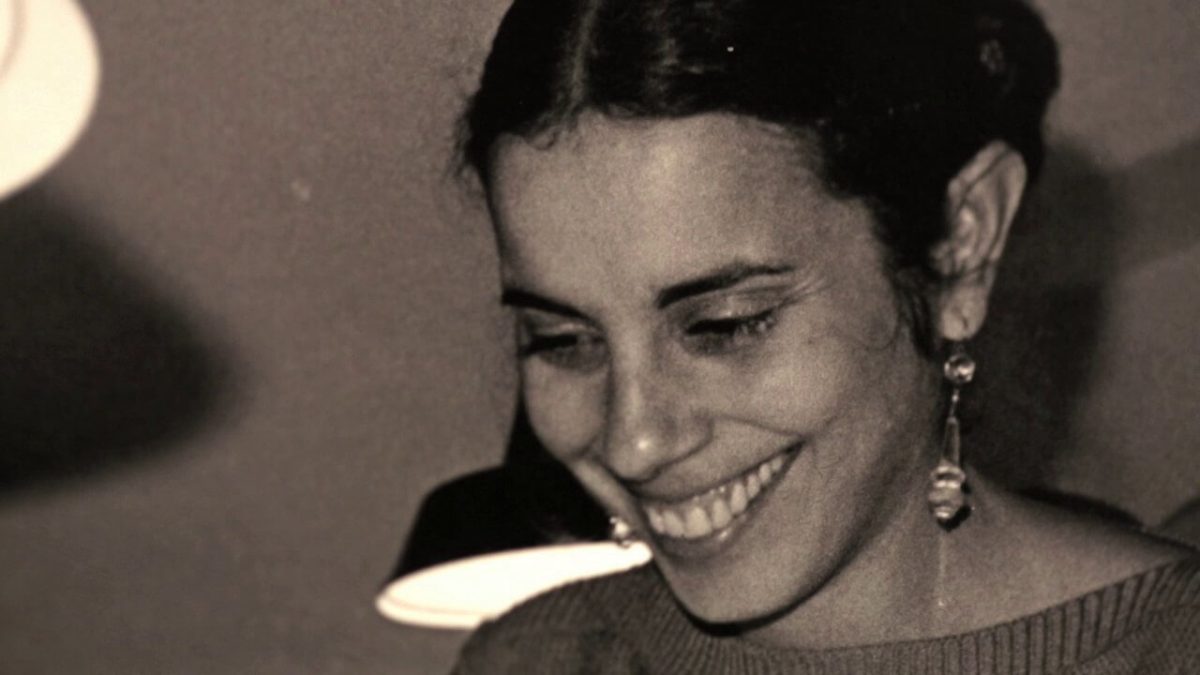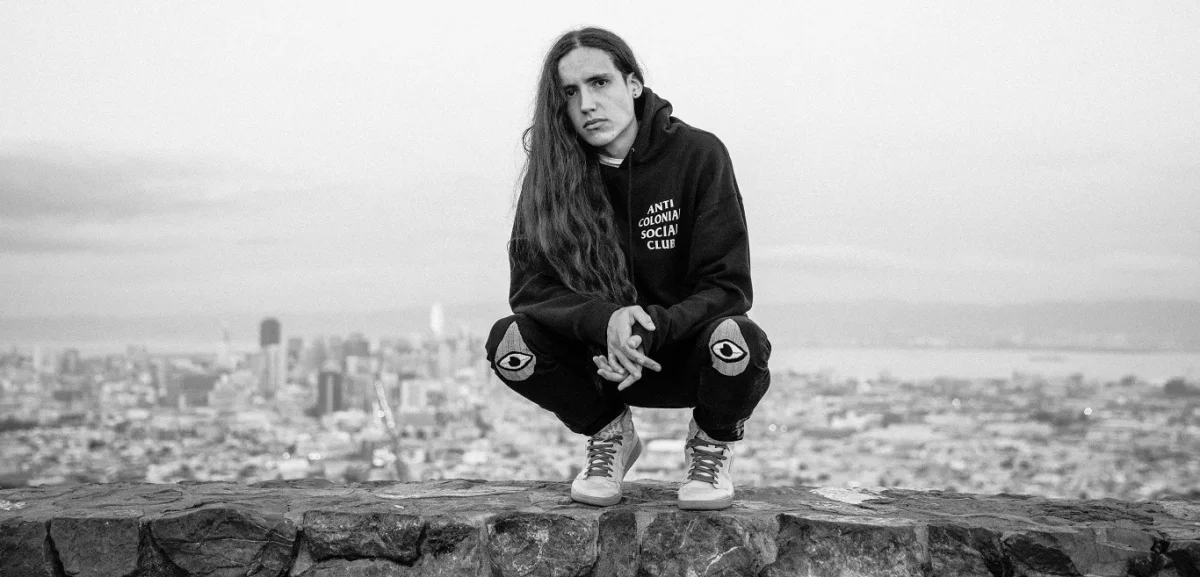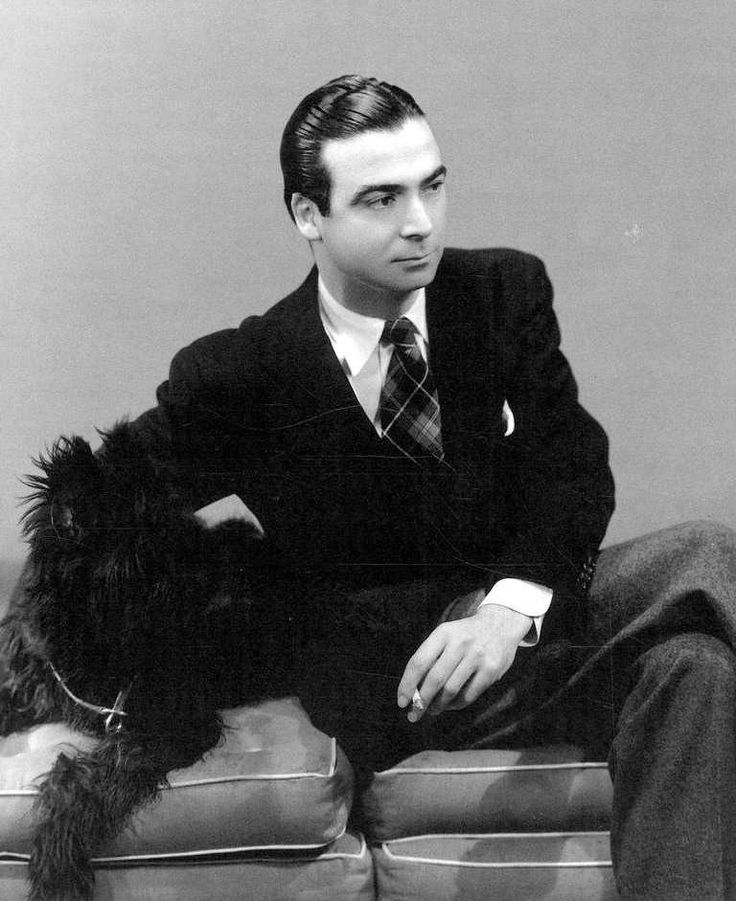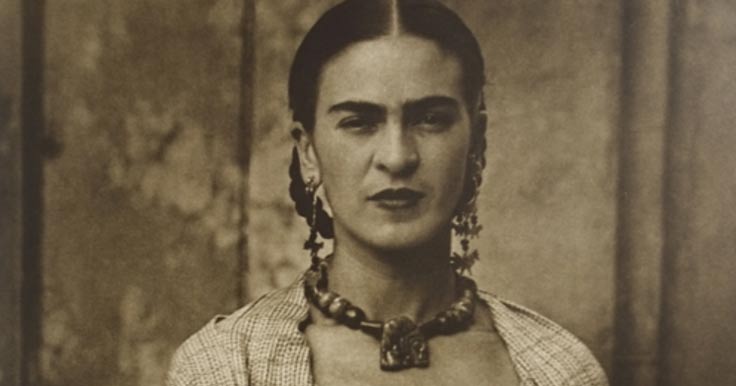Rigoberta Menchú was born on January 19, 1959 to a poor indian family. Around this time the Guatemalan Civil War was occuring, it lasted from 1960 to 1996. Rigoberta Menchú became involved in social reform activities through the Catholic church. She became prominent in the women’s rights movement while still only being a teenager.
She had a difficult life because her father, Vicente was imprisoned and tortured for allegedly having participated in the execution of a local plantation owner. Her father did get released eventually. She later on joined the Committee of the Peasant Union (CUC) in which her dad was already a member. That same year her brother was arrested and killed by the army and the following year her dad was killed. Her mother also died after having been arrested, tortured and raped. These experiences deeply affected Menchu’s life and later helped shape her work.
During the early 1980s she fled to Mexico in order to escape persecution and continued her acts of activism. In 1983 she published her autobiography which helped bring global attention to the hardships indigenous people in Guatemala were facing. Her book was all about the oppression and violence faced by Indigenous people in Guatemala during the Civil War, specifically the inhuman acts such as land theft, forced labor and also massacres that were carried out by the Guatemalan government.
“When you are convinced your cause is just, you fight for it,” expressed Rigoberta Menchu
In 1992 Menchu was recognized and awarded the Nobel Peace Prize for her gracious efforts of bringing attention to the violence faced by Indigenous people not only in Guatemala but across Latin America. She became the first Indigenous woman to receive this honor. Following the end of the Guatemalan civil war in 1996 Menchu worked to bring justice to the victims of this conflict.

